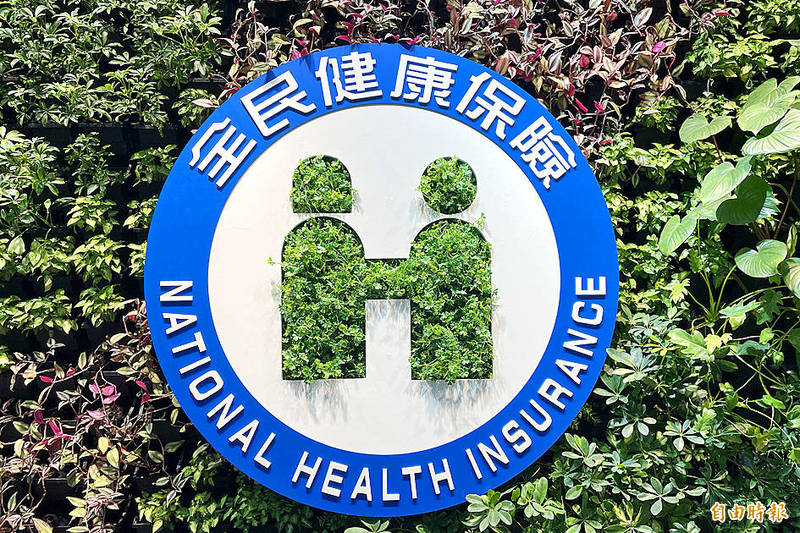《TAIPEI TIMES》 New NHI drugs likely to benefit more than 14,000

The National Health Insurance logo is pictured in an undated photograph. Photo: Chiu Chih-jou, Taipei Times
By Lee I-chia / Staff reporter
The National Health Insurance Administration (NHIA) yesterday announced that 18 types of medication, including 11 types of new drugs, are to be added to National Health Insurance (NHI) coverage, and that it is expected to benefit more than 14,000 patients.
According to a consensus reached by the Pharmaceutical Benefit and Reimbursement Scheme joint committee meeting held on Dec. 21 last year, three new drugs for treating cancer, three drugs for treating rare diseases and five other new drugs, as well as seven other drugs are to be covered by the NHI, the agency said.
The three new cancer drugs are abemaciclib, a targeted drug for the treatment of early-stage breast cancer, sacituzumab govitecan, a monoclonal antibody drug conjugate for treating triple-negative breast cancer, and polatuzumab vedotin, an antibody-drug conjugate for treating diffuse large B-cell lymphoma.
NHIA Medical Review and Pharmaceutical Benefits Division head Huang Yu-wen (黃育文) said adding abemaciclib as adjuvant therapy in early breast cancer patients with high risk of recurrence could reduce the risk of recurrence by 30 percent, and it is expected to benefit up to 2,150 people.
As there are few treatment options for triple-negative breast cancer, sacituzumab govitecan was included for patients who have received at least two sessions of systemic chemotherapy, but the tumor still has not been removed, no matter if they are a BRCA-mutant breast cancer patient or not, she said.
Although chemotherapy and stem cell transplantation is still the recommended treatment for diffuse large B-cell lymphoma patients, some patients cannot undergo a transplant nor chimeric antigen receptor T-cell therapy, so polatuzumab vedotin has been included to give them another option.
Other drugs for treating cancer that are to be covered include the dabrafenib-trametinib drug combination for treating patients with braf V600E-mutant advanced non-small cell lung cancer, and obinutuzumab for treating patient with chronic lymphocytic leukemia, the agency said.
They also include bevacizumab for the treatment of non-small cell lung cancer, ovarian cancer, fallopian tube cancer or peritoneal cancer; and ibrutinib for the treatment of chronic lymphocytic leukemia, it said.
Stiripentol for the treatment of seizures in people with Dravet syndrome and cannabidiol for the treatment of epilepsy related to Dravet syndrome or tuberous sclerosis complex were also approved, Huang said, adding that cannabidiol is a controlled drug that is recommended as a backup treatment option.
Apremilast oral tablets for the treatment of plaque psoriasis were also included, and compared with some other systemic therapies, they are considered less likely to cause liver injuries, which would be a safer option, she said.
The NHIA said the inclusion of the 18 types of medication into NHI coverage is expected to benefit more than 14,554 patients and that they would be available from next month at the earliest.
Additional reporting by CNA
新聞來源:TAIPEI TIMES














